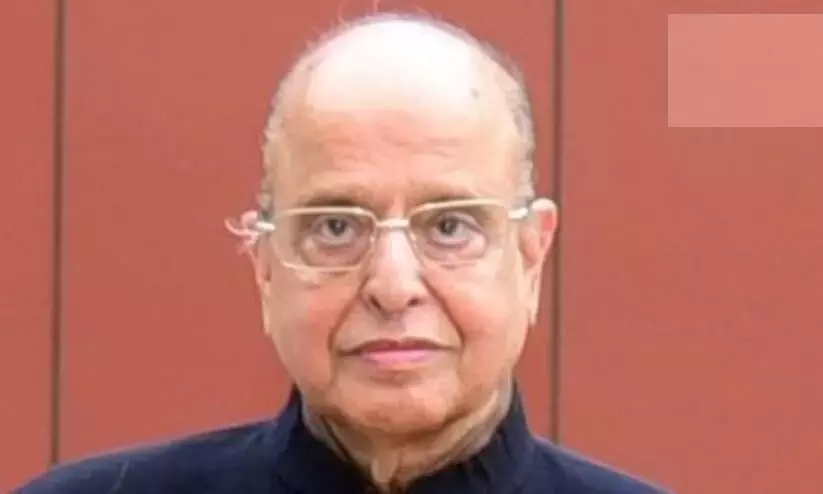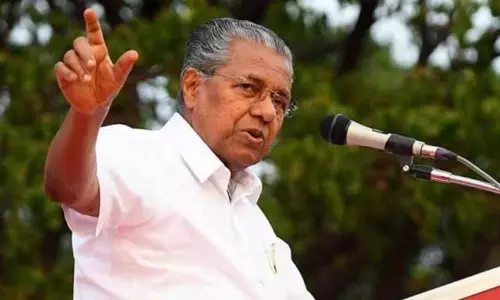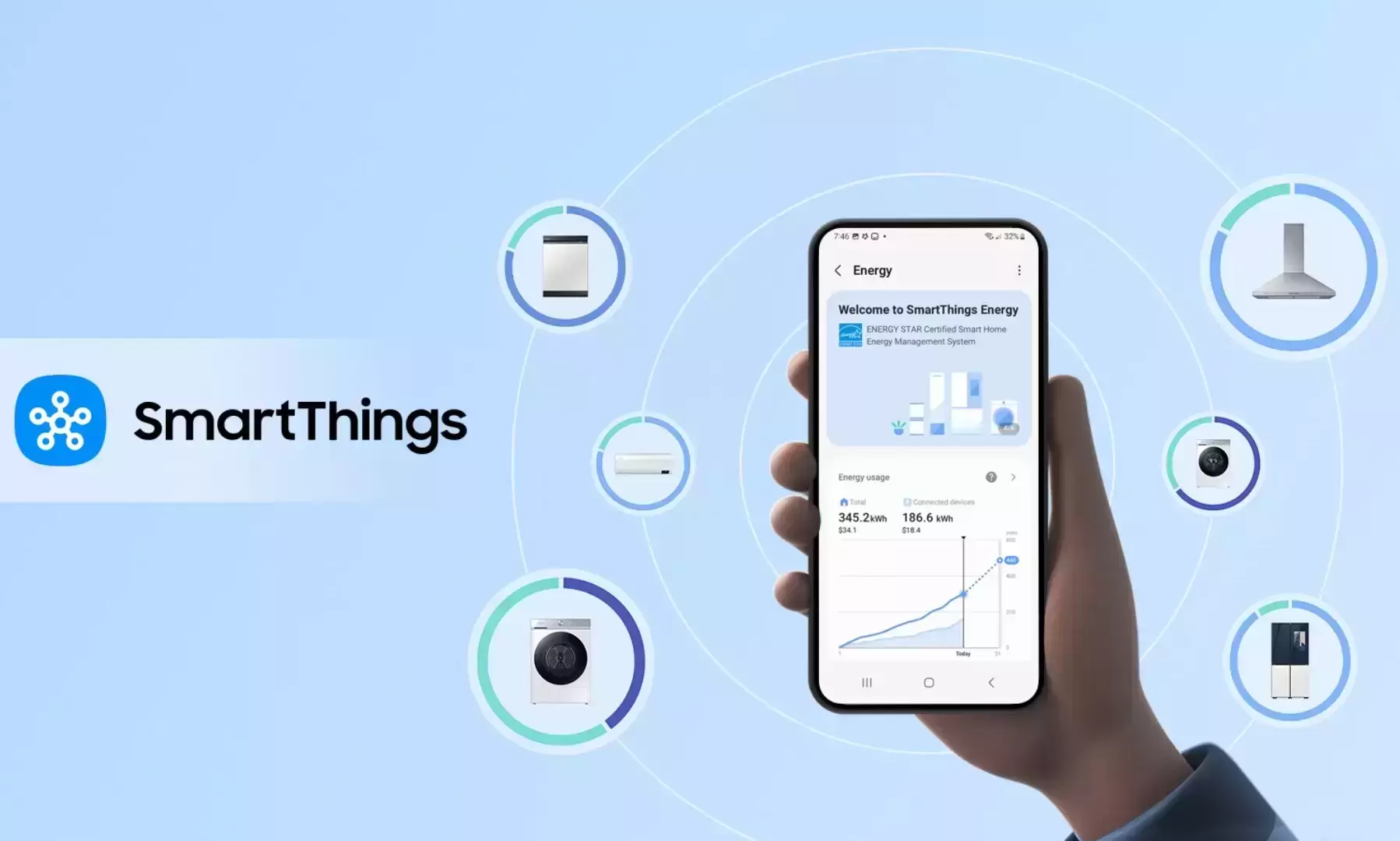
Samsung to introduce local languages, AI to smart appliances in India
text_fieldsNew Delhi: Consumer electronics giant Samsung is set to introduce artificial intelligence (AI)-based commands in multiple Indian languages and roll out localized features to expand its footprint in the competitive Indian appliances market, according to top company executives.
Encouraged by the growing user base of its SmartThings app, Samsung noted that India currently ranks third globally in terms of registered users, following the US and Brazil. The SmartThings app, which enables users to control Samsung’s Internet of Things (IoT) devices, has a global user base of approximately 390 million.
“In India, we currently have around 23 million registered SmartThings users. The number of registered devices is also growing rapidly, with a 39 per cent global increase in 2024 compared to the previous year,” executives said during a media roundtable.
As part of its growth strategy, Samsung aims for 70 per cent of its appliance sales in India to come from AI-powered products. To achieve this, the company is now bringing AI technology to its mid-range product lines as well.
"Initially, our AI features were available only in premium products, but we’ve now developed Tizen Lite, a lighter version of our Tizen OS, for mid-range appliances that lack screens. This will allow those products to support AI capabilities like Bixby,” they explained.
Samsung’s AI features, such as AI Energy, AI Wash, and AI VRT+—previously exclusive to front-load washers—are now being extended to top-load washing machines as well. Tizen, a Linux-based operating system developed primarily by Samsung, powers its smart devices, while Bixby is the company’s virtual assistant platform.
To further localize its offerings, Samsung will add support for nine Indian languages—Hindi, Bengali, Marathi, Gujarati, Oriya, Tamil, Malayalam, Punjabi, and Telugu—to its Family Hub refrigerator by next month.
“India is the only country where Samsung has four separate software centres for different divisions, including consumer electronics, mobile, and appliances. We also have a Samsung Design Centre in Delhi. These teams are focused on local feature development,” said Sungil Hahm, Vice President of Samsung Electronics’ Software R&D Group.
He was joined at the media interaction by Deokho Kim, Vice President and Head of Software Group at Samsung Electronics, and Moonkeun Lee, Vice President and Head of AI Solution Lab at Samsung Electronics.
Responding to a media query, the executives stated, “We are focusing on delivering three core pillars of customer value—ease of use, savings, and care. To deliver on these, we are gathering user feedback, conducting interviews, and analyzing consumer data to address their pain points effectively.”
Samsung is also customizing its appliances further for Indian consumers. For example, the 'Stain Wash' feature, which is downloadable via the SmartThings app in other markets, will be integrated directly into washing machine control panels in India. Similarly, for air-conditioners, the company is introducing customized cooling based on local lifestyle research, which found that Indian consumers often use ACs in tandem with ceiling fans.
Samsung is also enhancing customer service with a feature called ‘Home Care Plus,’ designed to detect and diagnose appliance issues proactively. The company emphasized that its Bespoke AI-powered home appliances can help users save between 10 to 70 per cent in energy consumption, thanks to advanced AI diagnostics.
Additionally, the consumer data collected from connected appliances is protected by Samsung Knox, the company's robust security platform.
With these India-specific innovations, Samsung aims to strengthen its position in the domestic market by offering intuitive, intelligent, and energy-efficient smart appliances tailored to the unique needs of Indian consumers.
With PTI inputs
























